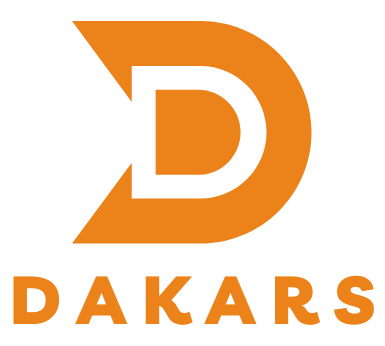Health info technology is revolutionizing the way we manage our well-being. With the latest advancements, this technology is transforming healthcare, making it more efficient, accessible, and personalized. In this article, we’ll explore some of the astonishing innovations in health info technology that are improving our lives today. Whether it’s through better diagnostics, more personalized treatments, or enhanced communication with healthcare providers, these technologies are changing the way we approach health and wellness.
Cutting-Edge Diagnostics: Early Detection and Prevention
One of the most exciting aspects of health info technology is its ability to improve diagnostics. With new tools and techniques, doctors can now detect diseases earlier than ever before. This early detection is crucial for preventing serious health issues and starting treatment sooner. For example, advanced imaging technologies can spot abnormalities that might go unnoticed in traditional scans. Additionally, wearable devices can monitor vital signs in real-time, alerting users and their doctors to potential problems before they become serious.
The Power of AI in Diagnostics
Artificial intelligence (AI) is playing a big role in advancing health info technology. AI algorithms can analyze medical data much faster and more accurately than humans. This means that doctors can get a clearer picture of a patient’s health and make better-informed decisions. AI is also helping to develop personalized treatment plans, taking into account an individual’s unique medical history and needs.
Also Read: Anix.to: Revolutionizing UI/UX Design
Personalized Treatments: Tailoring Care to Individual Needs
Another major benefit of health info technology is the ability to provide personalized treatments. No two people are exactly alike, and neither are their health needs. With the help of advanced technologies, healthcare providers can create treatment plans that are tailored to each individual. This approach leads to better outcomes and fewer side effects.
Genomics and Personalized Medicine
Genomics is a field of study that looks at a person’s genes to understand their health risks and potential responses to treatment. By analyzing a patient’s genetic makeup, doctors can predict which treatments will work best for them. This is particularly useful for conditions like cancer, where personalized medicine can significantly improve survival rates. Health info technology makes it easier to access and analyze genetic data, paving the way for more effective and targeted therapies.
Telemedicine: Bringing Healthcare to Your Fingertips
Telemedicine is another game-changer in the world of health info technology. It allows patients to consult with healthcare providers remotely, using video calls or messaging apps. This is especially helpful for people who live in remote areas or have mobility issues. Telemedicine makes it easier to access healthcare services, reducing the need for travel and long waiting times.
The Convenience of Virtual Consultations
Virtual consultations are not only convenient but also safe, especially during times when visiting a doctor’s office might pose health risks, such as during a pandemic. Patients can receive medical advice, prescriptions, and even mental health support from the comfort of their homes. This accessibility is making healthcare more inclusive and easier to navigate for everyone.
Health Apps: Managing Your Well-being on the Go
Health info technology is also making it easier for people to take control of their health with the help of mobile apps. These apps can track everything from daily exercise and diet to sleep patterns and stress levels. They provide valuable insights into your health and can help you make better lifestyle choices.
Empowering Users with Health Data
By giving users access to their health data, these apps empower them to take charge of their well-being. For instance, a fitness app can track your workouts and provide personalized recommendations to help you reach your fitness goals. Similarly, a nutrition app can help you plan balanced meals based on your dietary needs and preferences. The convenience and accessibility of these apps make them a valuable tool in promoting a healthier lifestyle.
Conclusion
Health info technology is continuously evolving, bringing with it new and innovative ways to improve our well-being. From early detection and personalized treatments to telemedicine and health apps, these advancements are making healthcare more efficient, accessible, and tailored to individual needs. As we look to the future, the potential for further innovations in health info technology is limitless. Embracing these technologies can lead to better health outcomes and a higher quality of life for everyone.




